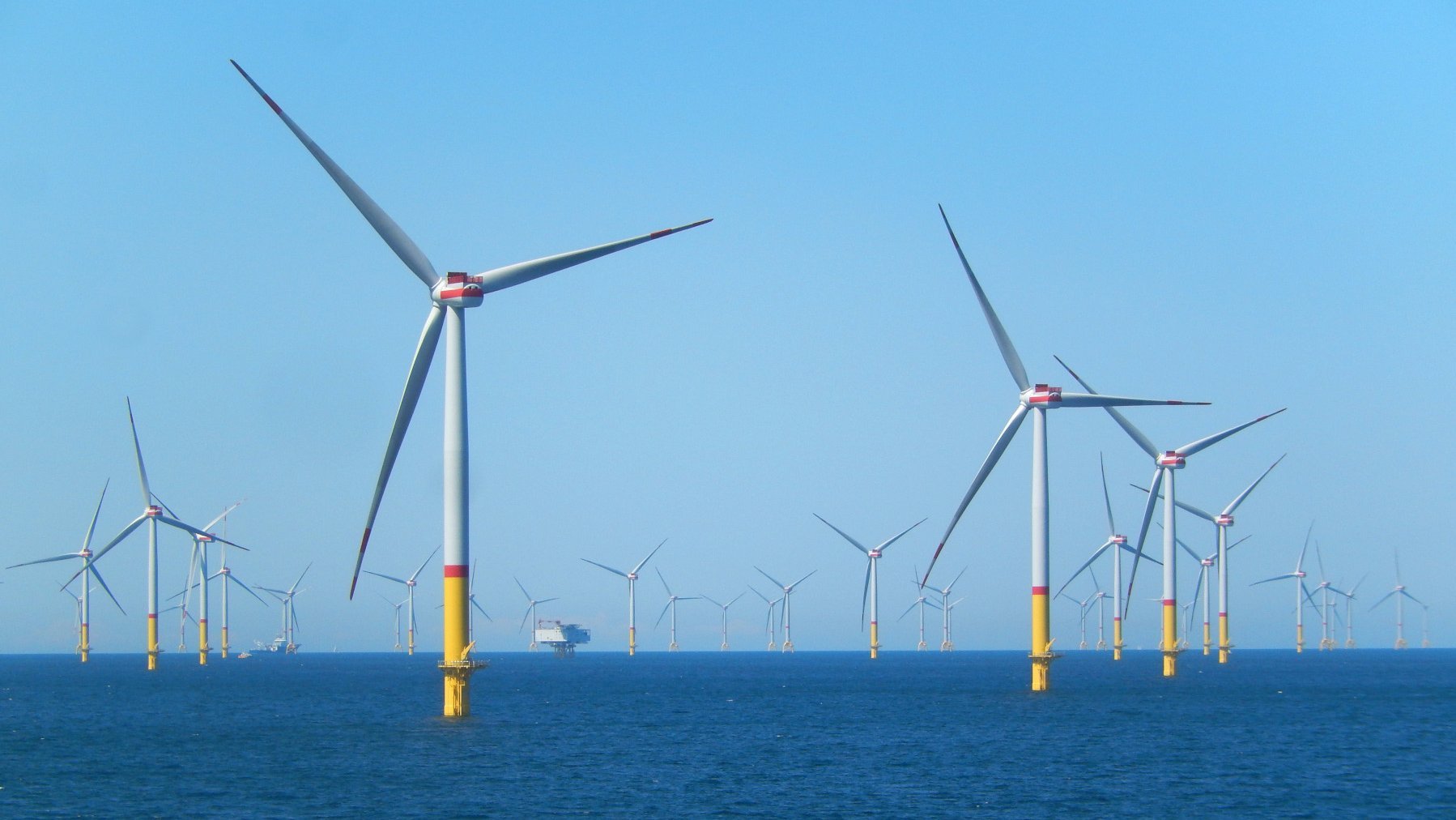
Description
The objective of the two-year European Master's Programme on Control of Renewable Energy Systems (EU-CORE) is to train top-level engineers from across the world on the design of advanced control technologies for renewable energy systems and to contribute to the emergence of a new generation of graduates who are needed to achieve Europe's environmental and energy ambitions under the Green Deal.
Unlike other erasmus+-funded programmes linked to renewable energy systems which focus on one source of energy, EU-CORE will cover all the main renewable energy sources and their associated control issues. Thanks to a selection of top-level academic and industrial partners, the skills developed throughout the EU-CORE Programme will open the door to a wide variety of careers in the renewable energy industry.
During the first three semesters teaching takes place at the locations of the three partner universities
- Ecole Centrale de Nantes (France),
- University of Zagreb (Croatia),
- Brandenburg University of Technology Cottbus-Senftenberg (Germany).
The complementary nature of the Consortium's partners means that students will be trained in specific fields in which the partners are internationally recognised. For example, students will be studying the control of wind energy systems, the management of energy storage, the control of solar and hydrogren systems and their integration into the grid. To be fully in line with labour market requirements, the academic programme is completed by soft/transferable skills training during Winter/Summer Schools. In this way, EU-CORE offers a high degree of permeability between education, research, innovation, soft-skills, industrial needs, and environmental concerns. In short, EU-CORE will train future experts in the field of RES and thus contribute to the EU's climate neutrality objectives by 2050.
All information on the Degree Programme is available on the EU-CORE website.
Professional Fields of Activity
The interdisciplinary subject content of the Programme qualifies graduates for a professional career
- in the private and public sectors of energy and automation technology,
- in research and development at universities and research institutions,
- in the industrial research and developmentat private companies,
- in planning and policy-making organizations.
Applications and Admissions
Admissions Requirements
- Open to students who already hold a first university degree with the equivalent of 180 ECTS credits (in the European system, or equivalent) after at least three years of studies, at Bachelor's of Science level in one of the following fields:
- Mechanical Engineering
- Electrical Engineering
- Process Engineering
- Knowledge in automatic control is mandatory.
- Completion of undergraduate studies must have taken place before 31 July for non European students and before 30 September for European students.
- Applicants must be fluent in English, both written and spoken. An applicant whose native language is not English is required to pass a recognized international English test:
- TOEFL: CBT 220, ITP 550, IBT 80
- Cambridge B2 First Test: 173 or higher
- Cambridge C1 Advanced Test: 160 or higher
- IELTS: 6.5 or higher
- TOEIC: 800
- No other test is recognized. The results provided must not be older than 3 years at the time of the application.
- Applicants who carried out their studies in English (official confirmation letter from their university is needed) are eligible without providing such a test result. More details on English test exemption cases you will find here.
- A certified document or a test to prove your English level is mandatory. Failure to provide one of the accepted documents will result in your application not being taken into account.
- Application deadline for Programme participation in connection with a scholarship: January 31, 2025 (apply here)

